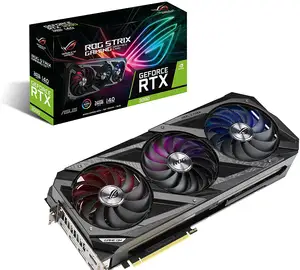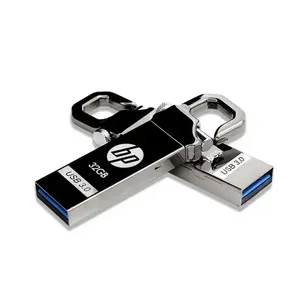Popular in your industry





































































































































 Ready to Ship
Ready to Ship


















































Top categories
About raw usb cable
Understanding Raw USB Cables
The digital era hinges on the efficient transfer of data, and raw USB cables are at the core of this technological revolution. These cables serve as the conduits for data transfer, connecting a myriad of devices and ensuring seamless communication between them. This category encompasses a range of cables designed for various applications, each tailored to meet specific data transmission needs.
Types and Applications
Within the realm of USB cables, there exists a diversity of types, each with its unique connector and use case. From the ubiquitous USB-A to the versatile USB-C, these cables facilitate connectivity for devices ranging from simple flash drives to complex industrial machinery. The application of these cables spans across sectors, including but not limited to, data centers, consumer electronics, and smart home technologies.
Features and Materials
USB transfer cables are engineered with precision, featuring an array of materials that cater to durability and conductivity. Copper remains a staple in the construction of these cables, often paired with insulation materials that provide protection against electrical interference. The structural integrity of these cables is paramount, ensuring they can withstand the rigors of frequent use while maintaining optimal performance.
Advantages of Raw USB Cables
The advantage of sourcing bulk USB cables lies in their versatility and the ever-growing need for data transfer solutions. With the proliferation of digital content, the demand for reliable data transfer methods is at an all-time high. These cables offer a scalable solution, available in various lengths and specifications to accommodate the expanding landscape of digital connectivity.
Selection Considerations
When considering restocking USB cable bulk inventory, attention to the diversity of available options is crucial. Factors such as cable length, data transfer speed, and connector type play a significant role in determining the suitability of a cable for a particular application. It is essential to assess the inventory capacity and the specific needs of the end-users to ensure a comprehensive selection of USB cables.
Integration with Technology
As technology advances, so does the integration of USB data cables in various devices and systems. The role of these cables in the seamless operation of daily technological infrastructure cannot be overstated. They are not just accessories but fundamental components that support the flow of information in our increasingly interconnected world.






































































